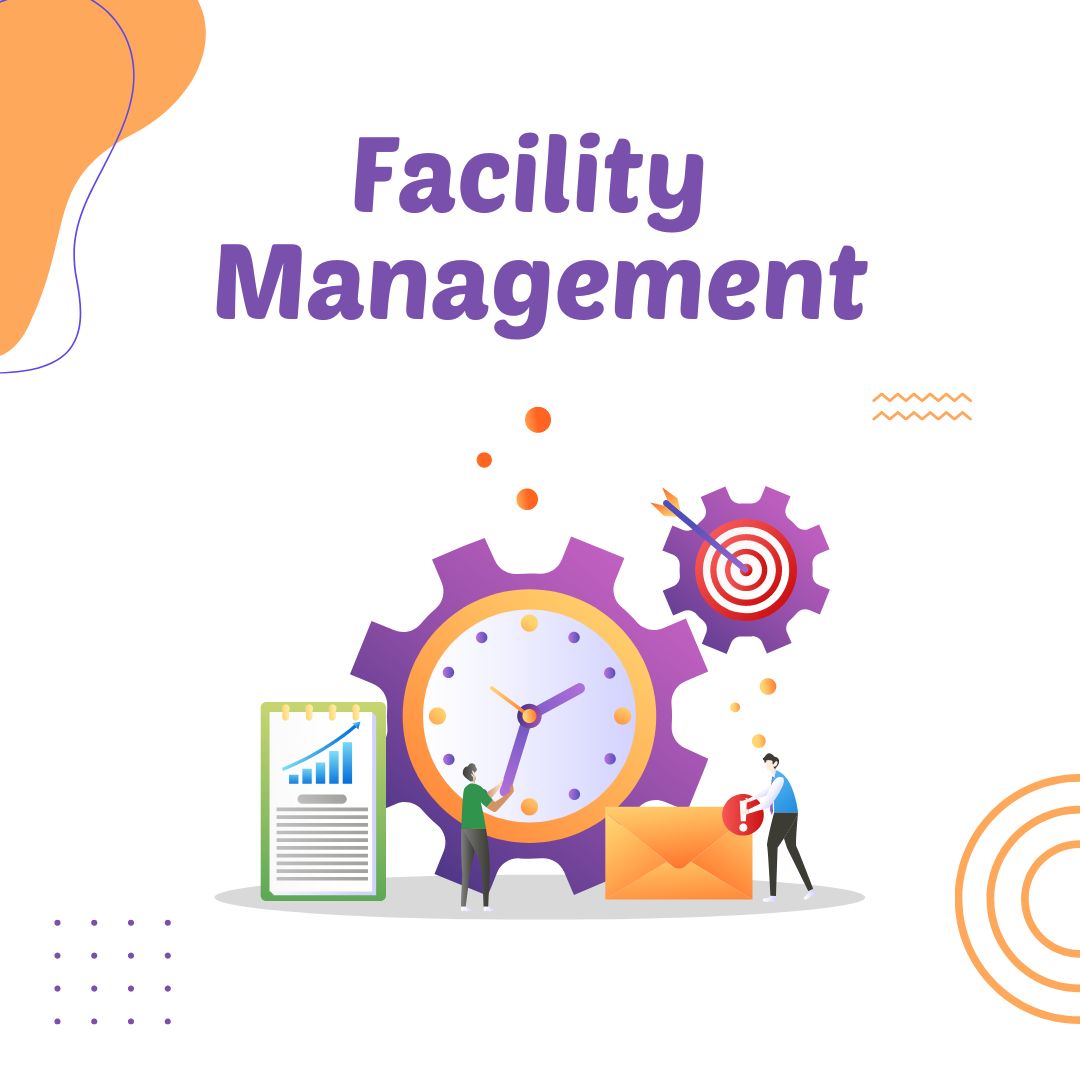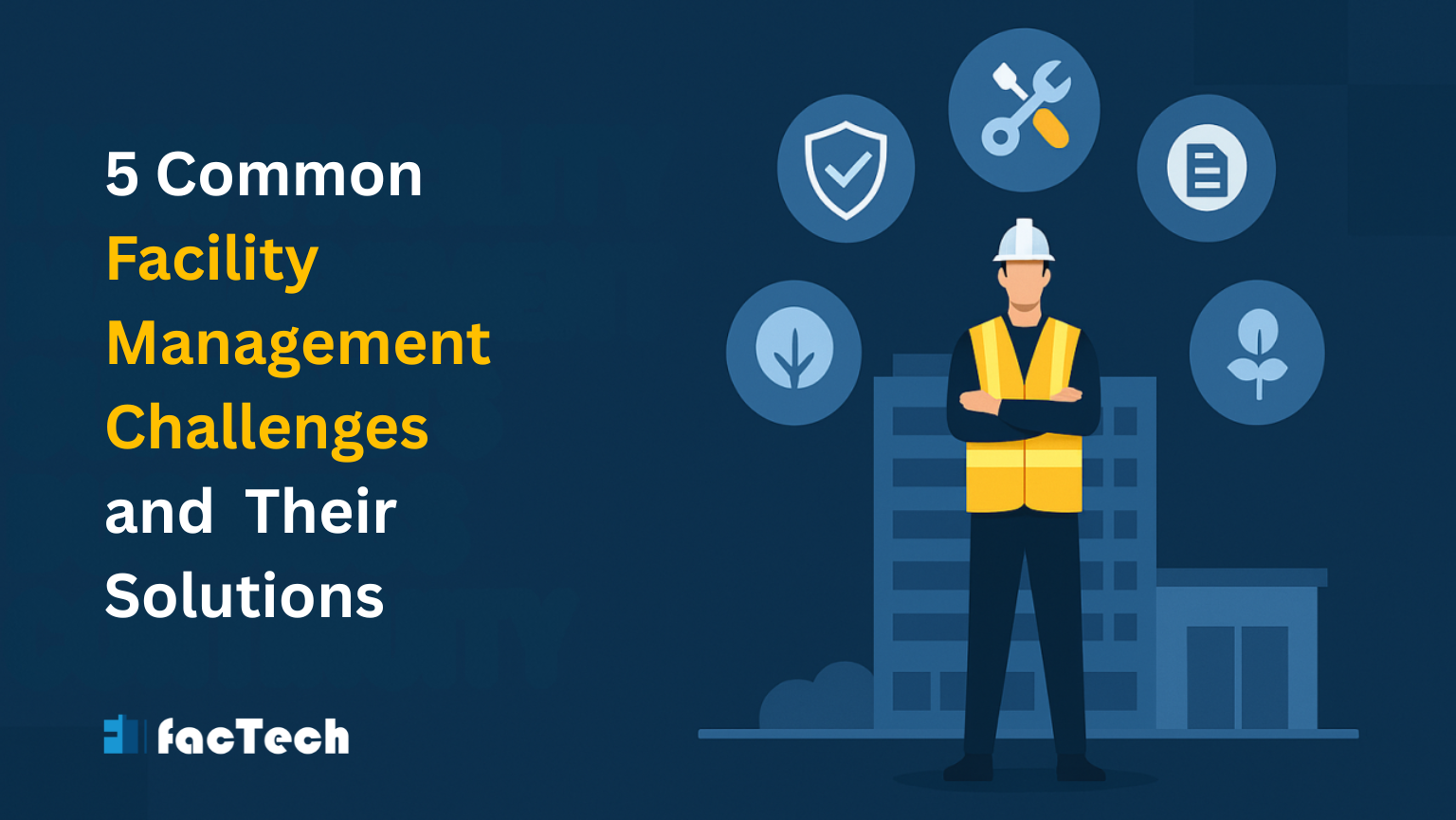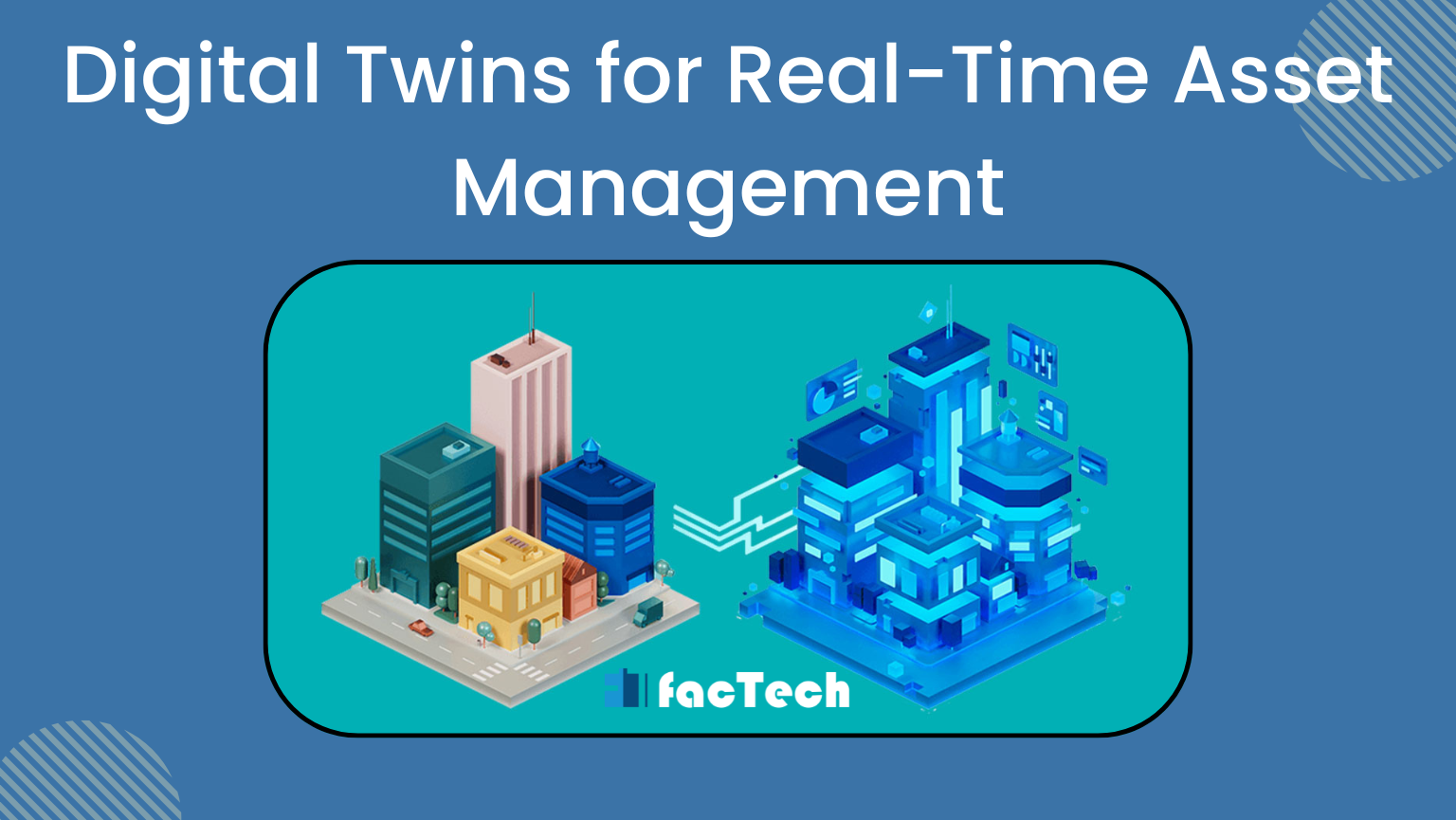What is Facility Management Service
What does facility management service?
Every organization depends on a variety of tasks and services to deliver the assistance necessary for running its main business operations. Facilities management is responsible for guaranteeing that this support is offered in the proper format, with the proper level of quality, and at the appropriate price.
Facilities managers essentially take care of everything that keeps a company running. They work in a variety of settings, including businesses, hotels, and hospitals, as well as sports and recreation facilities, logistics hubs, care facilities, and educational institutions like primary schools, universities, and specialised research labs.
Importance of Facility Management
Facilities management is crucial because it guarantees that employees work in a secure and comfortable setting. People who work in a positive environment feel well-rested, energised, productive, and excited about their jobs. They’ll be more motivated to show up for work and give their best effort once they’re there. In contrast, a bad workplace annoys employees, reduces their productivity, and even makes them ill.
Any successful firm has a strong backbone, which is facilities management. They assist in a number of ways, including:
- Productivity
Making ensuring the staff, workers, and residents can efficiently carry out their job obligations is the primary goal.
- Ease and Security
Making sure that all building inhabitants are secure and comfortable is intimately related to productivity. To reduce responsibility and risk, it is essential to ensure that the buildings and equipment are inspected to ensure they fulfil safety standards.
- Profitability
It’s important to efficiently create comfort, safety, and productivity. Any efforts to reduce needless operating costs are vital for the business’s bottom line because facilities management is frequently the largest expense due to its extensive impact across the organisation.
- Sustainability
Facilities managers have a social obligation to encourage the use of greener practises within the company, in addition to complying with EHS (environment, health, and safety) regulations. This could entail cutting waste, improving energy effectiveness, or implementing fresh best practises. Sustainable facility management lowers the organization’s overall energy consumption expenditures while promoting a positive brand image.
Types of facilities management
Hard Facilities Management (Hard FM) and Soft Facilities Management are the two fundamental categories (Soft FM).
- Physical assets like plumbing, electricity, elevators, and heating and cooling are the focus of Hard FM.
- Soft FM concentrates on human labor-intensive functions including grounds maintenance, catering, security, and lease accounting.
With the aid of technology and new possibilities made possible by COVID-19, CAFM became well-known. Facility managers can plan, carry out, and track operations involving preventative maintenance, space and migration management, asset management, and operational facility services with the aid of computer-aided facility management (CAFM) software.
A reasonably quick way to cut facility management costs is by implementing software. Software can assist managers save time on documentation and free up more time to consider preventive measures in addition to its cost-cutting advantages. Preventive measures can also aid in cost savings because they decrease the frequency of equipment faults, repairs, and unneeded replacements.
Contact us for a free demo of how our expertise can help you achieve your business goals.











